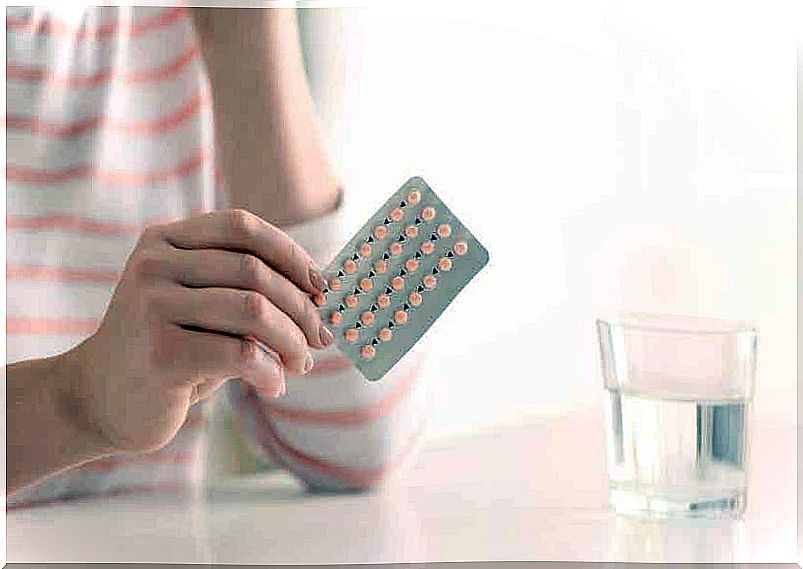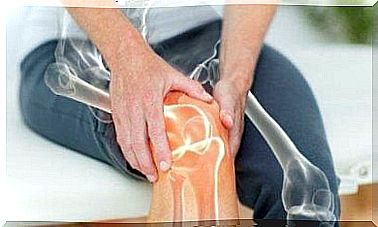Find Out Why Your Period Comes Early

Menstruation is one of the processes that affects women’s lives most in their fertile years. It is a complex process and there are many factors that affect it. Therefore, it is common for changes to occur. At some point, your period may have come earlier than expected. With that in mind, we will talk about why a period comes early.
Menstruation usually occurs every 28 days especially in adult women who have been in puberty and are no longer prone to hormonal changes. However, this is not always the case. In fact, every woman has different cycles and bleeds with specific traits.
Although the norm is between 21 and 35 days between bleedings, there are exceptions where menstruation may occur earlier or later. So read on and discover why your period may come early and what to do if it happens to you.
Why does your period come early?
As we mentioned above, menstruation usually comes every 28 days. However, this depends on each woman’s cycle and her life stage. For example, we must keep in mind that the cycle in the first years of menstruation is very varied.
The same thing happens just before the onset of menopause. In both stages, it is common to find women who have early periods who may repeat themselves in the same month. The opposite also happens where a woman’s menstruation comes later than usual.
The action of various hormones, such as estrogens and progesterone, produces the menstrual cycle. These substances are synthesized by a complex mechanism involving brain structures and the ovaries.
What happens is that many different stimuli control hormone production. In addition, when there is damage to one of the organs involved, changes may occur, resulting in irregular or premature menstruation.

You might like: Can you use aromatherapy to relieve menstrual cramps?
What other factors are there?
One of the most important factors affecting menstruation is stress. When a woman has high anxiety levels, it is common for her menstruation to be one of the first things affected. In many cases, her period comes early, but it can also come late or become atypical in how it looks.
Another important factor in this situation is nutrition. In order for a woman to menstruate, she must have a minimum of body fat. Eating habits have a significant impact on a woman’s menstruation, so starting a diet or changing it can make menstruation come earlier.
Interestingly, BMI can affect menstruation. Very thin women, as well as those who are overweight, may experience irregularities in the menstrual cycle.
You should also keep in mind that certain medications and contraceptives cause your periods to come at longer or shorter intervals. A special example is the regret game. This pill causes a hormonal imbalance to prevent pregnancy, which can sometimes involve an irregular menstruation.

You may be interested in: Slinda: Contraception without estrogen
What should I do if my period comes early?
The truth is that your period coming early should not worry you. As we have already mentioned, many factors affect the menstrual cycle, and most often it is not pathological.
However, if this happens often or you are worried about another aspect of your cycle, it is best to go to a gynecologist. It is also important that you review your diet and exercise habits as intense physical activity changes your menstruation.
It is best for your doctor to perform a proper examination and the tests they find necessary. For safety’s sake, it is important to rule out any illnesses or hormonal imbalances that may be behind the early arrival of your period.
Periodic doctor visits are also important when it comes to checking your period
Contact your doctor if you have any questions or discomfort. Visiting your gynecologist regularly allows you to detect any problems that may arise and will also make you more calm.
When your healthcare provider advises you on your menstrual rhythms, they make sure that you maintain a regularity that is considered normal. Write down your days in a calendar so that the information you give the doctor is as accurate as possible.









